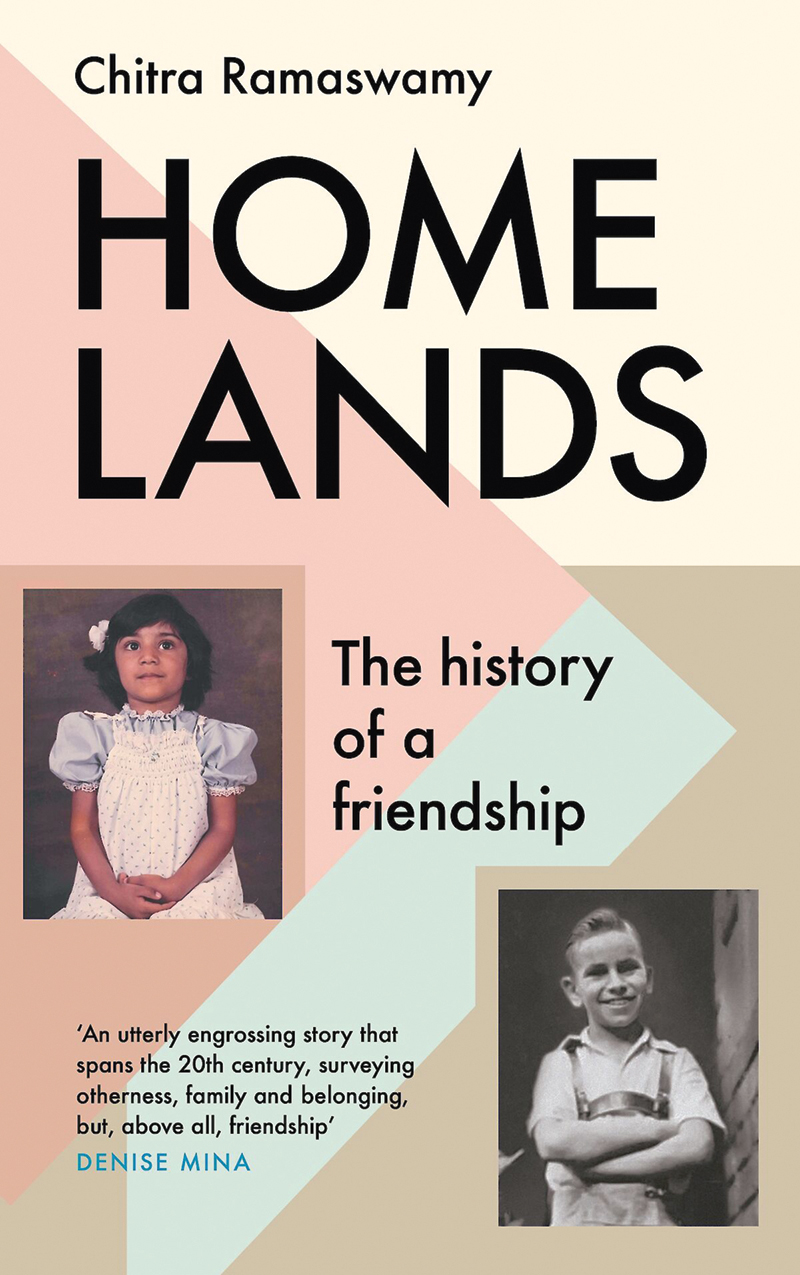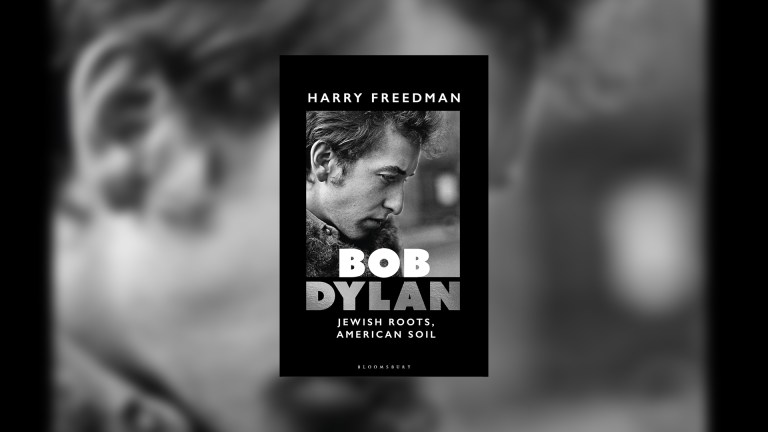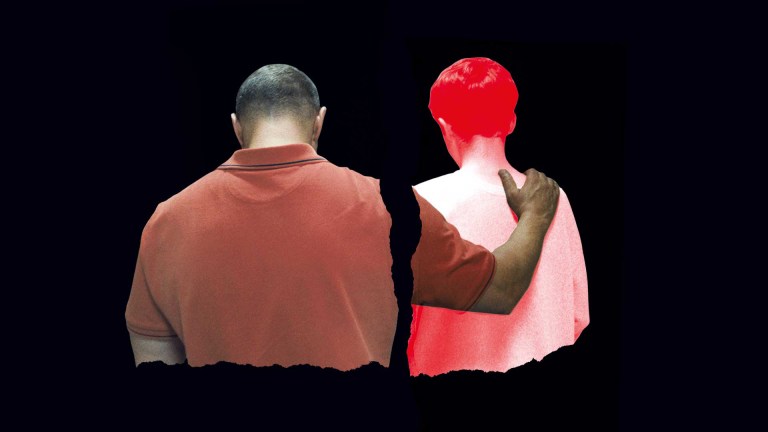Chitra Ramaswamy’s remarkable new book Homelands is billed as a history of the friendship forged between the British Indian author and Jewish refugee Henry Wuga, who came to Scotland at 15 on the Kindertransport. And it does beautifully evoke the unfurling of their unlikely relationship which began when she interviewed Wuga in 2011 and deepened until she saw him as her adopted grandfather.

But there is much more to the book than this. It’s about exile, identity and motherhood. It’s about our connections with places and what happens when those connections are severed; it’s about Empire and colonialism, and how those fleeing oppression are othered.
Homelands is dizzyingly ambitious. Ramaswamy interweaves her family’s history and Wuga’s against a backdrop of their ongoing sorrows: Wuga’s wife Ingrid’s dementia, Ramaswamy’s mother’s cancer. One minute we can be in war-torn Nuremberg, the next in her parents’ London kitchen, a pot simmering on the stove.
There are moments when you wonder if she can sustain this trapeze act, but she swoops from setting to setting and decade to decade without ever losing her grip.
Ramaswamy’s grief floods the book, producing sentences that would rip your heart out
The backbone of Homelands is Wuga’s story. His mother was a German Jew, his father an Austrian gentile. As the Nazi persecution escalated he was sent to train as a chef in Baden-Baden and then to Glasgow where – after a period of internment – he met and married Ingrid. The couple had two daughters and set up a kosher catering company.
Later, they would give talks on the evils of Nazism. Despite their losses, neither Henry nor Ingrid had direct experience of concentration camps: Wuga’s mother survived the war in hiding, while Ingrid’s parents made it to Scotland. So Ramaswamy draws on WG Sebald’s novel Austerlitz, moving deftly from his protagonist to hers, to fill any emotional gaps.










